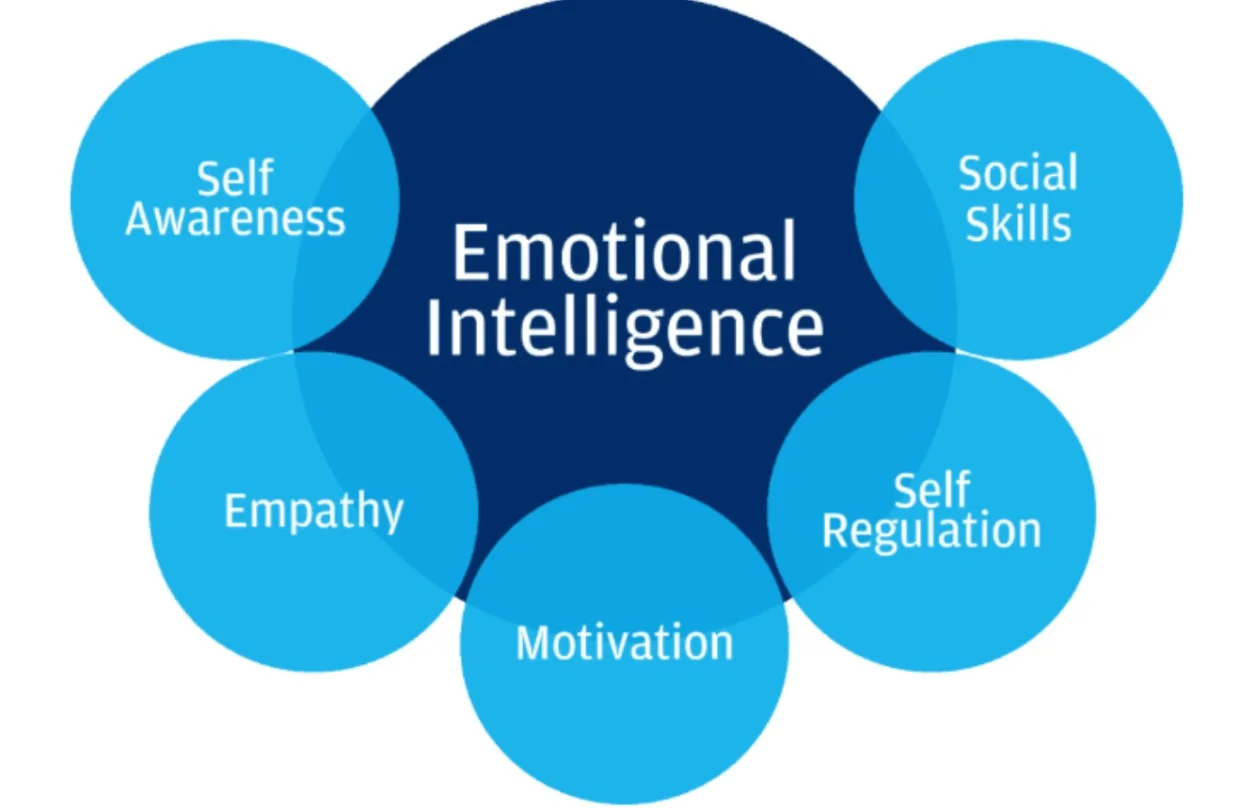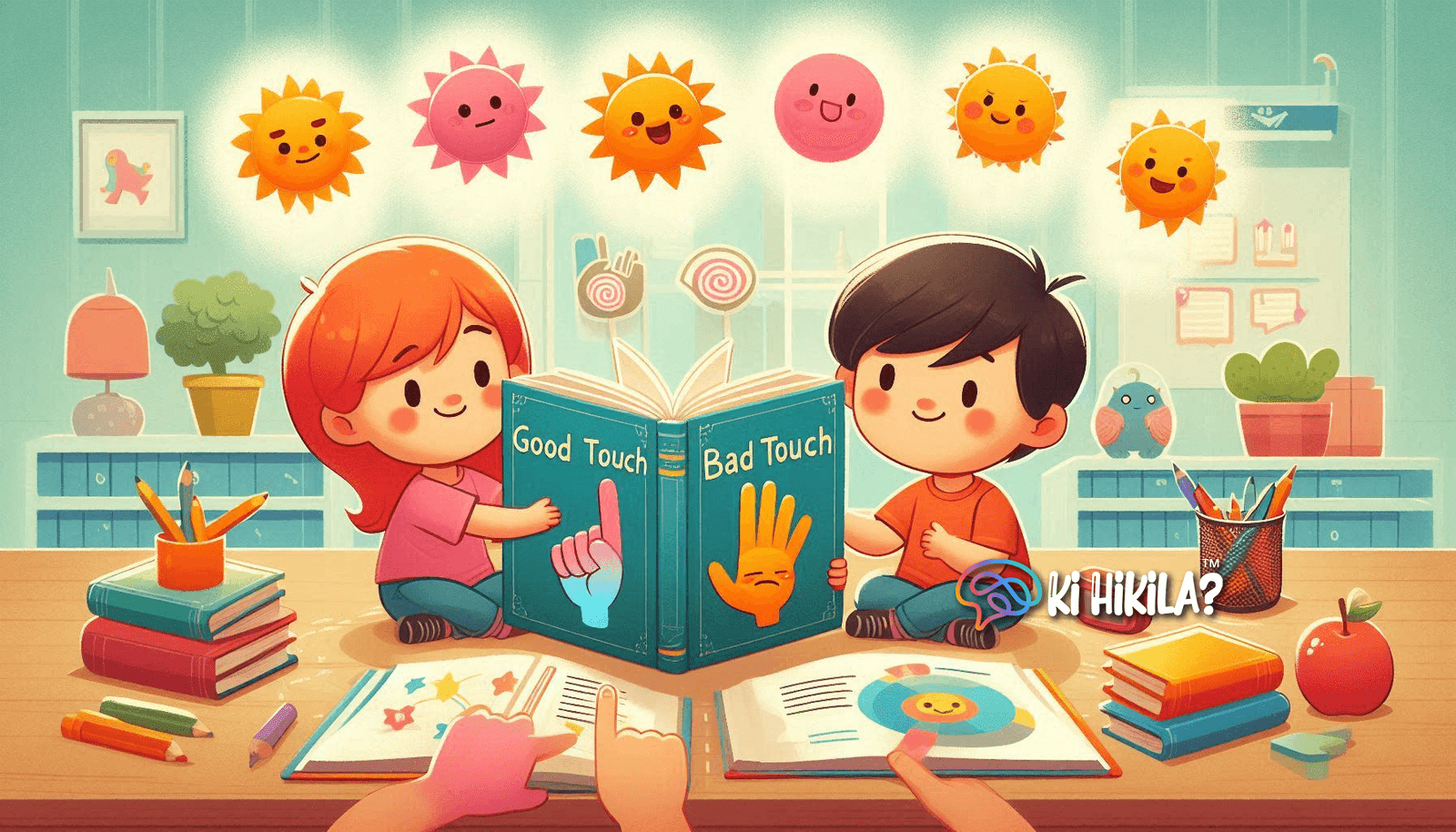Emotional intelligence (EI) is a key factor in personal and professional success, influencing how we perceive, understand, and manage our own emotions and those of others. In today’s fast-paced and interconnected world, individuals with high emotional intelligence stand out as effective leaders, communicators, and collaborators. Let’s delve into the intricacies of emotional intelligence,
Understanding Emotional Intelligence
Emotional intelligence is the ability to recognize, understand, and manage our own emotions while empathizing with others. It comprises several components, each contributing to a holistic understanding of one’s emotional prowess.
Self-Awareness: The Foundation of Emotional Intelligence
Self-awareness involves recognizing and understanding our emotions as they occur. It is the foundation upon which emotional intelligence is built. Individuals with high self-awareness can identify their feelings, strengths, and areas for improvement.
Self-Regulation: Mastering Emotional Control
Self-regulation is the ability to manage and control one’s emotions effectively. This involves avoiding impulsive reactions, maintaining composure under pressure, and adapting to challenging situations without being overwhelmed by emotions.
Social Awareness: Empathy in Action
Social awareness is the capacity to understand and empathize with the emotions of others. It allows individuals to navigate social dynamics, build meaningful relationships, and respond appropriately to the feelings of those around them.
Relationship Management: Building Strong Connections
Relationship management is the culmination of self-awareness, self-regulation, and social awareness. It involves effectively managing interpersonal interactions, resolving conflicts, and fostering positive connections with others.
The Impact of Emotional Intelligence in Business
In the corporate landscape, emotional intelligence is a prized asset. Leaders with high EI can inspire and motivate their teams, leading to increased productivity and a positive work environment. Effective communication, conflict resolution, and adaptability are all hallmarks of emotionally intelligent leaders.
If you’re keen on enhancing your leadership skills, check out our blog on Effective Leadership Strategies.
For insights on fostering a positive workplace culture, visit our page on Building a Healthy Work Environment.
Developing Emotional Intelligence: Practical Tips
Now that we recognize the importance of emotional intelligence, let’s explore actionable steps to develop and refine this skill.
1. Practice Mindfulness Meditation
Mindfulness meditation is a powerful tool for increasing self-awareness. Taking time each day to focus on your thoughts and emotions can enhance your ability to recognize and understand them in various situations.
2. Seek Constructive Feedback
Constructive feedback is invaluable for personal growth. Actively seek feedback from colleagues, friends, or mentors to gain insights into how others perceive your emotional expressions and responses.
3. Cultivate Empathy Through Active Listening
Empathy is at the core of social awareness. Practice active listening by fully engaging in conversations, seeking to understand others’ perspectives, and responding with empathy.
4. Develop Conflict Resolution Skills
Conflict is inevitable, but how we handle it defines our emotional intelligence. Learn and apply effective conflict resolution strategies, focusing on finding mutually beneficial solutions.
5. Continuous Learning and Adaptability
Emotional intelligence is not a static trait; it evolves with continuous learning and adaptability. Stay open to new experiences, embrace challenges, and learn from both successes and setbacks.
Frequently Asked Questions
Q: Can emotional intelligence be learned, or is it innate?
A: While some individuals may naturally possess higher emotional intelligence, it is a skill that can be developed and refined through intentional effort and practice.
Q: How does emotional intelligence impact mental well-being?
A: High emotional intelligence is linked to better mental well-being, as individuals can navigate and manage their emotions effectively, reducing stress and fostering resilience.
Q: Is emotional intelligence more critical than technical skills in the workplace?
A: Both technical skills and emotional intelligence are essential. However, in leadership roles, emotional intelligence often plays a crucial role in building strong relationships and fostering a positive work culture.
Smart Strategies for Emotional Intelligence and Anxiety Tips
Emotional intelligence goes hand in hand with managing anxiety effectively. By honing your emotional intelligence, you can develop strategies to cope with and reduce anxiety in various aspects of life.
Explore our tips on Managing Workplace Anxiety for insights on maintaining emotional balance in professional settings.
In Closing: Elevate Your Emotional Intelligence
In the journey of personal and professional development, emotional intelligence emerges as a key differentiator. As we strive for success and fulfillment, let’s commit to nurturing our emotional intelligence, fostering meaningful connections, and creating a positive impact in both our personal and professional spheres.












